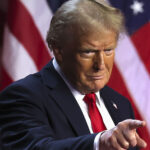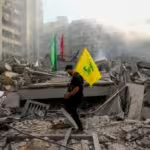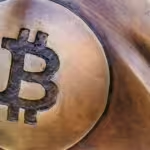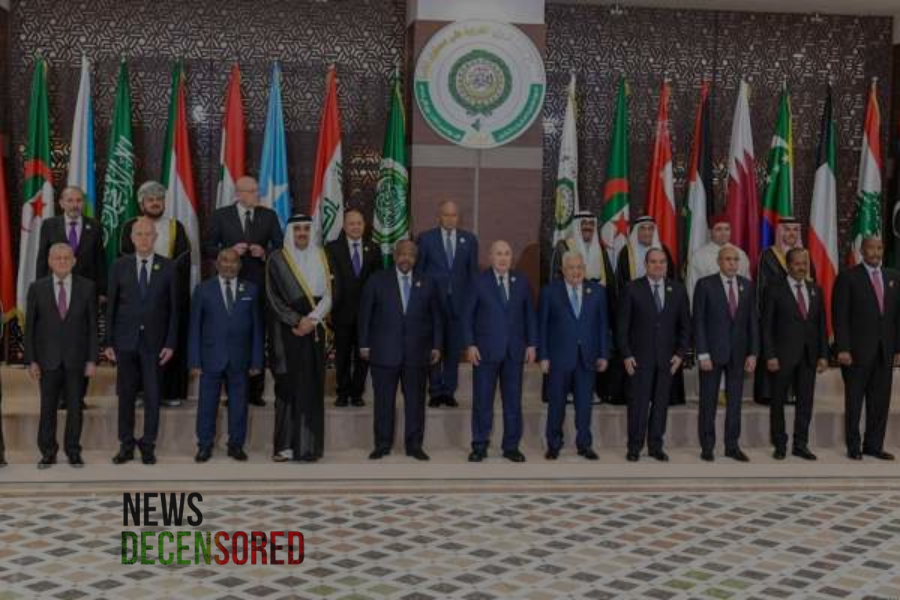An important development in the Arab League’s stance towards Hezbollah is that the League has stopped considering the organization a ‘terrorist organization. ’ This change was disclosed by the league’s assistant secretary general, Hossam Zaki when he was interviewed on the Egyptian Al Qahera news channel shortly after visiting Beirut.
“In previous clauses of the Arab League decisions, Hezbollah was described as a terrorist group, and this specification was manifested in the resolutions, which entailed the cutting of relations based on such decisions,” he said. He also continued to explain that the MOD of the League stated that the use of the term ‘Hezbollah terrorist organization’ should not continue to be used by the member states of the League.
Zaki, however, pointed out that the previous one is no longer valid, stressing that the Arab League is not in the business of keeping terrorist lists, let alone proactively seeking to designate entities in such a manner. This position is different from the position taken on March 11, 2016, when the Arab League decided to list Hezbollah as a ‘terrorist organization,’ including the objections of Lebanon and Iraq. During that time, the league called upon Hezbollah to stop inciting extremism of the sectarian kind, interfering in other nations’s domestic politics, and supporting terrorism.
The first classification resembled the action of the Gulf Cooperation Council (GCC) countries that included Hezbollah in the list of terrorist organizations on March 2, 2016.
The Lebanese daily Al Akhbar unsurprisingly announced on Friday that Zaki has a meeting with Muhammad Raad, the head of Loyalty to the Resistance bloc, a parliamentary bloc associated with Hezbollah. This meeting will be the first direct communication between the Arab League and Hezbollah in the past half-decade.
Moreover, while in Lebanon, Zaki met and interacted with several politicians and other officials in the Lebanese political and administrative structure who have affiliations with the political parties in Lebanon. The talks mainly concerned the situation in southern Lebanon, where tensions have been rising since the start of Israel’s operation in Gaza, and the issue of Lebanon’s head of state vacuum, lasting for more than 475 days.
The visit and statement by Zaki attracted much attention over the improved chances of a conflict between Hezbollah and Israel. The situation on the border between Lebanon and Israel has become rather tense, mainly due to the aggressive actions of Hezbollah and Israeli troops on the border with Lebanon. This violence is in the framework of the aggression on Gaza that has claimed more than 37,800 people’s lives since October 7.
Hezbollah has correlated the halt of its aggression on the occupied territories in Lebanon to the stopping of the aggression of Tel Aviv on Gaza. This account simply manifests the group’s concern concerning the other aspect of the regional nature of the conflict in engaging the Arab League.
Based on the apprehensions that the Arab League has stopped identifying Hezbollah as a terrorist group, this could be a specific diplomatic shift in the region. It creates possibilities for a fresh interpretation and attempts to revitalize features to denuclearise present tensions. During the new phase of this process, the international actors and their actions will observe the changes and effects of the situation on the region’s stability.
This shift in the Arab League is a significant event in the never-ending efforts to discuss and possibly solve the violent crises witnessed in the Middle East. It also shows how the international relations system is intricate and ever-evolving, with the necessity of flexible diplomacy.















